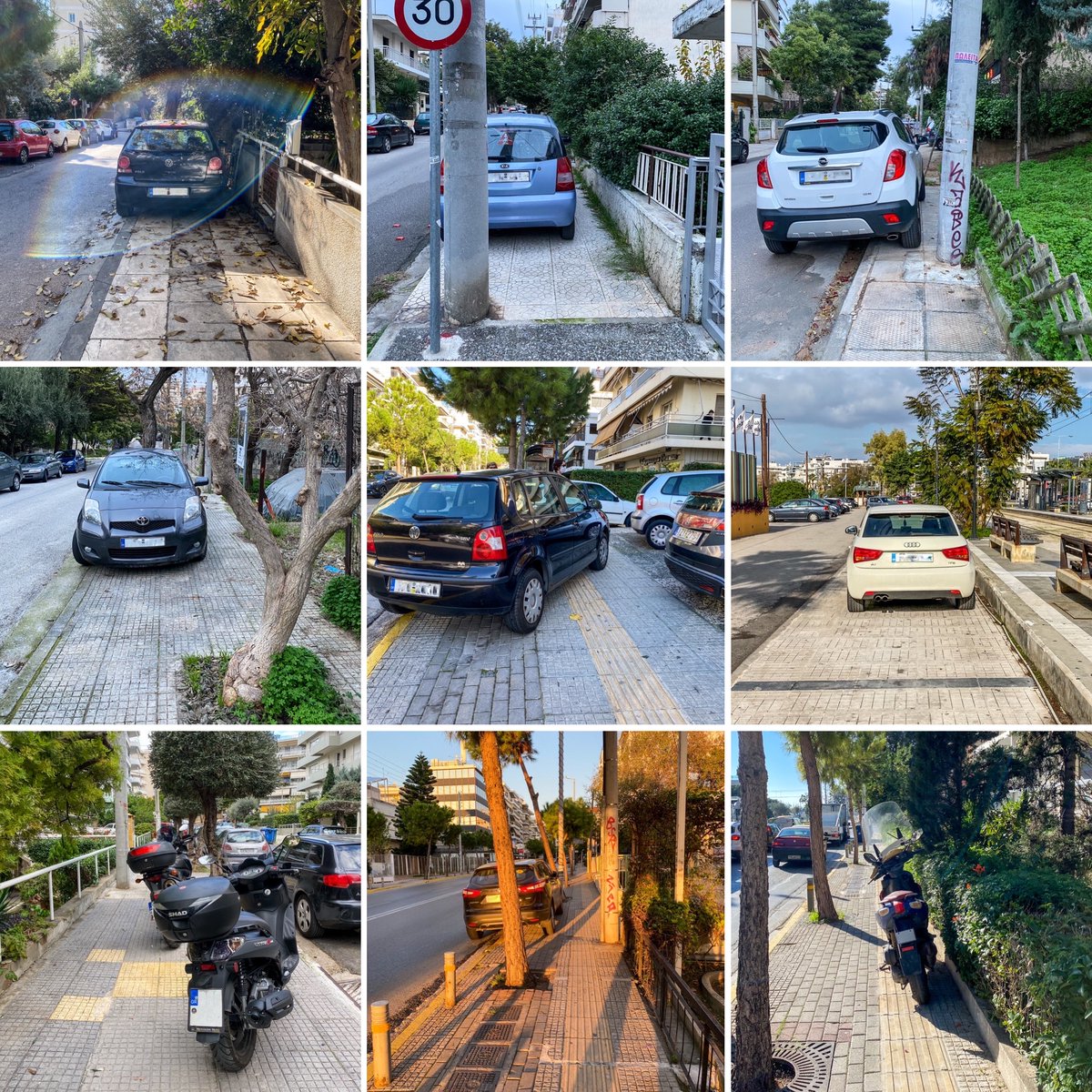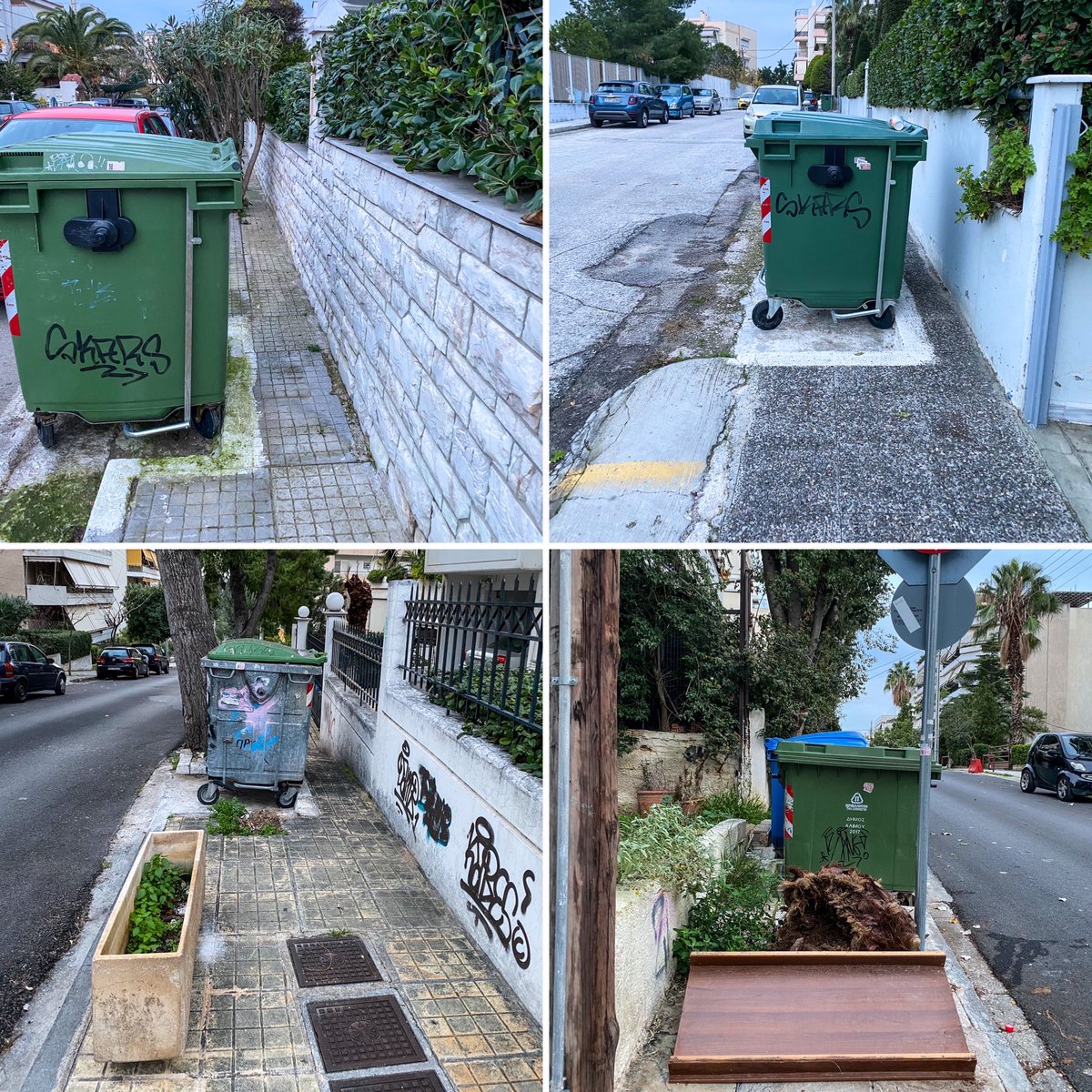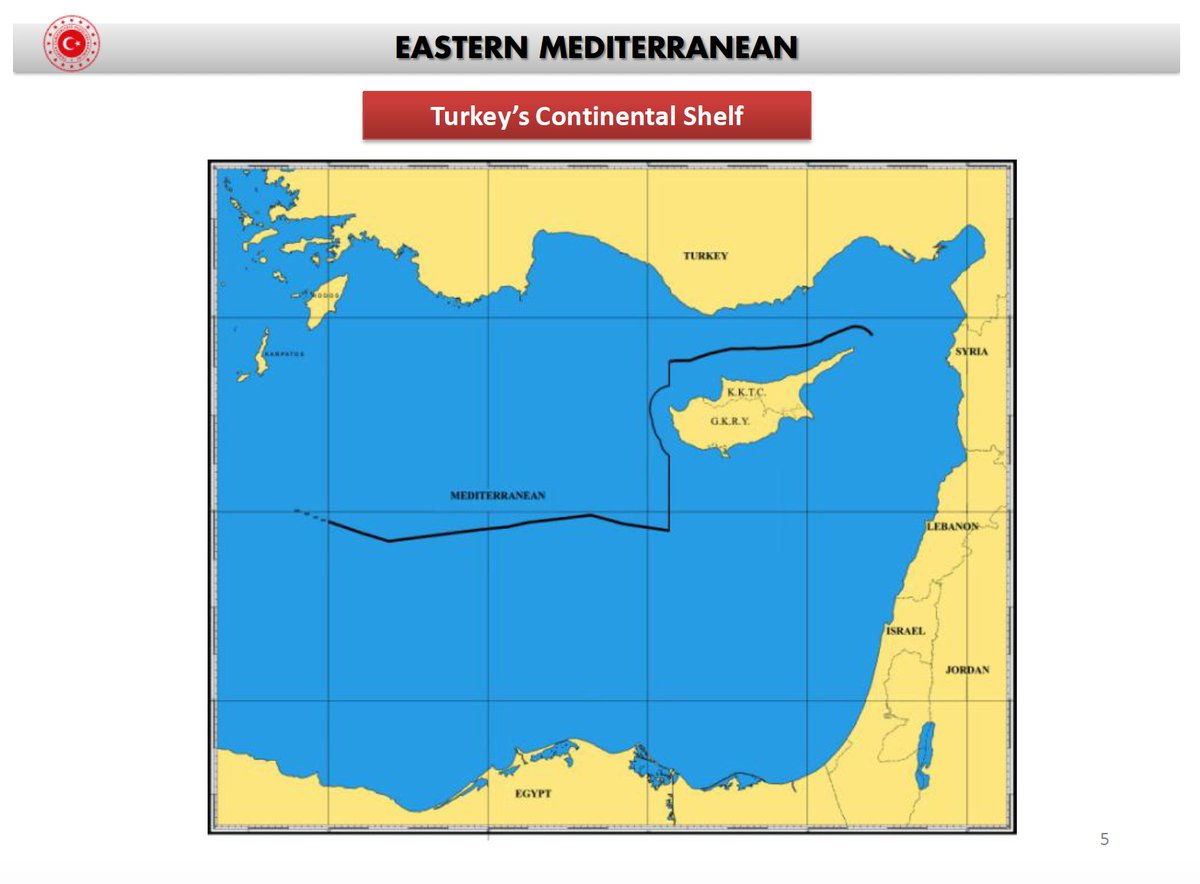
Gas is getting a lot of flak in today’s energy crisis—and for good reason. This is a genuine gas crisis. But the criticism can also miss a deeper truth: gas has a really tough assignment. The hardest, in fact. Let’s talk about *seasonal* balancing.
We often think of gas as balancing intermittent renewables, and sure it can do that. But its chief function in many modern economies is to manage seasonal variations in demand. And these can huge.
In the UK, for example, the winter/summer spread for gas demand is over 2x. For electricity the ratio is about 35 percent. This is fairly typical in countries where gas is used for space heating (in the U.S., the gas spread is about 75 percent, electricity about 35 percent). 

Back in the day, the UK met this seasonal swing by flexing production up and down. But as North Sea production declined, so did the ability to ramp up production during the winter. Given its limited storage, the UK now relies on imports for seasonal balancing. 

But not all imports are the same. Imports from Norway are steady and seasonally predictable. The trade with Continental Europe is more erratic and subject to market dynamics. And LNG is all over the place. This is the main challenge—not import dependence per se. 

This reliance on LNG is especially problematic because LNG is not seasonally flexible—and whatever flexibility exists is usually soaked up by Asia. As LNG overtakes, on the margin, domestic production and pipeline trade, this seasonality issue becomes more acute. 

Over time, this seasonal challenge will change. Electrification will provide efficiency gains and reduce demand. Perhaps demand response will get better. But you still need to balance the electricity system seasonally—and that’s a challenge that batteries are ill suited for.
There are solutions, of course. France uses nuclear for seasonal balancing. Lots of countries use hydro. But gas plays a key role. And even if you replace gas with, say, hydrogen, you run into the same storage and deliverability challenges—who ensures the reliability of hydrogen?
So yes, blame gas for the current crisis; but don’t forget that gas has a tough assignment. And we don’t have great solutions to manage big seasonal variations. And *that’s* the problem to solve—not gas per se. Fin.
• • •
Missing some Tweet in this thread? You can try to
force a refresh









